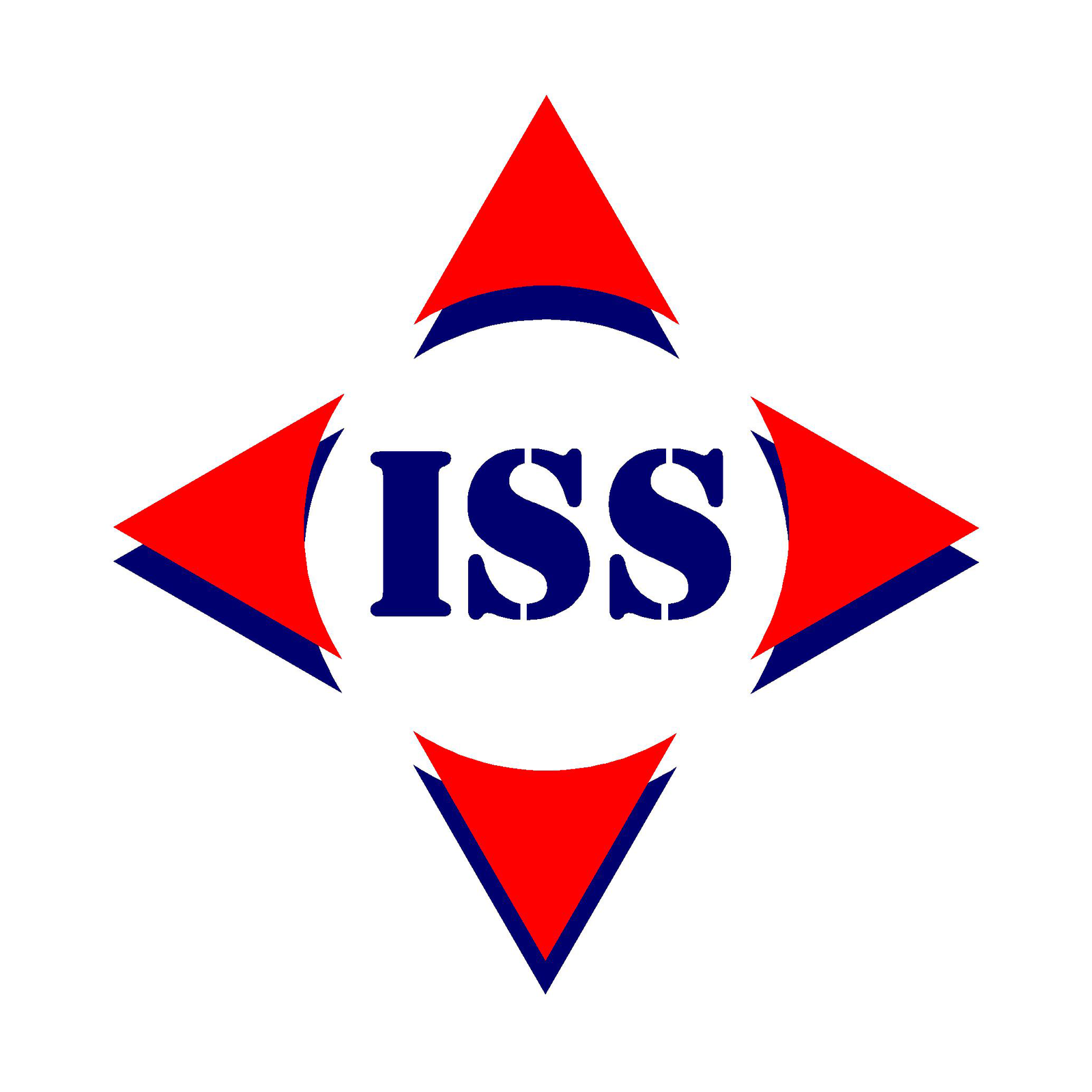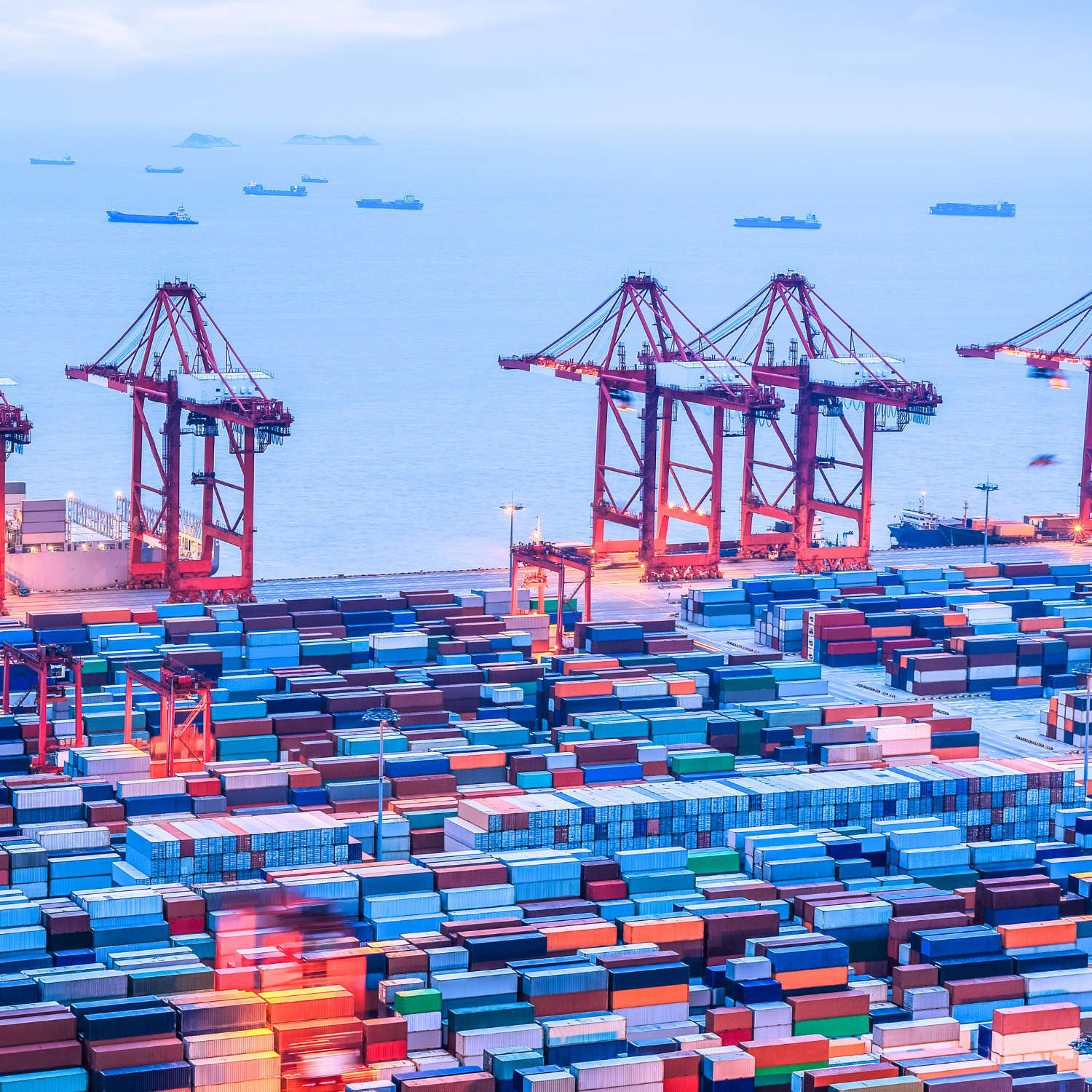
Customs clearance is an integral part of the international shipping process. It involves the necessary procedures, documentation, and compliance measures required to release goods from customs control and facilitate their entry into a country. Understanding the intricacies of customs clearance is crucial for businesses engaged in international trade.
In this comprehensive ISSblog, we will demystify the customs clearance process and provide valuable insights to help businesses navigate this complex landscape with confidence and efficiency.
The Role of Customs in International Trade
Customs authorities play a vital role in regulating international trade by enforcing import and export regulations, collecting duties and taxes, and ensuring compliance with trade agreements. They serve as gatekeepers, safeguarding national security, protecting domestic industries, and facilitating the smooth flow of legitimate goods across borders. Understanding the objectives and responsibilities of customs authorities helps businesses navigate the customs clearance process effectively.
Key Documentation for Customs Clearance
Accurate and complete documentation is essential for customs clearance. The required documentation may vary depending on the country, type of goods, and specific trade agreements. Common documents include commercial invoices, packing lists, bills of lading, certificates of origin, and permits or licenses, if applicable. Ensuring that all documentation is prepared correctly and in compliance with customs requirements is crucial to avoid delays or issues with customs clearance.
Customs Tariffs and Duties
Customs tariffs and duties are charges imposed on imported goods by customs authorities. These charges are typically based on factors such as the product's value, classification, and country of origin. Understanding the customs tariff schedule and duty rates applicable to your goods is important for accurate cost calculation and pricing decisions. Businesses should research and factor in these costs to ensure competitiveness in the target market.
Harmonised System (HS) Codes
HS codes are standardised numerical codes used to classify goods for customs purposes. Assigning the correct HS code to your products is crucial for accurate customs declarations and duty assessment. These codes categorise goods based on their nature, composition, and intended use. Using an incorrect HS code can result in delays, penalties, or even legal repercussions. Consulting official HS code databases or seeking guidance from customs experts ensures proper classification.
Customs Valuation
Determining the customs value of imported goods is a critical aspect of customs clearance. Customs authorities use the customs value to assess duties, taxes, and other charges. The customs value is typically based on the transaction value, which includes the price paid or payable for the goods, along with certain adjustments. Properly documenting and substantiating the customs value is essential to avoid discrepancies and potential issues with customs clearance.
Import Regulations and Restrictions
Each country has specific import regulations and restrictions governing the entry of certain goods. These regulations may include health and safety standards, product certification requirements, or restrictions on the importation of specific items. Understanding and complying with these regulations is crucial to prevent customs clearance delays or potential confiscation of goods. Thorough research and consultation with customs experts can ensure compliance with import regulations.
Customs Brokerage Services
Engaging the services of a reputable customs broker can greatly simplify the customs clearance process. Customs brokers are professionals who specialise in customs regulations, documentation, and compliance. They work closely with businesses to ensure accurate and timely customs declarations, navigate regulatory complexities, and facilitate smooth customs clearance. Partnering with a trusted customs broker, such as ISS Shipping, can save businesses time, resources, and mitigate the risk of compliance errors.
Customs Audits and Compliance
Customs authorities have the power to conduct audits and inspections to verify the accuracy of customs declarations and ensure compliance with import and export regulations. Businesses should maintain detailed records of their import and export activities, including supporting documents, invoices, and permits, to demonstrate compliance during customs audits. Implementing robust internal control measures and periodic self-audits can help businesses maintain a high level of customs compliance.
Navigating the customs clearance process is a critical aspect of international trade. By understanding the role of customs, preparing accurate documentation, complying with customs regulations, correctly assigning HS codes, considering customs tariffs and duties, adhering to import restrictions, and engaging the services of a reputable customs broker, businesses can streamline the customs clearance process and ensure compliance with regulatory requirements.
With ISS Shipping's expertise and guidance, businesses can navigate the complex customs landscape with confidence, facilitating the smooth and efficient movement of goods across borders.
To find out more about how ISS Shipping can help your business, get in touch with our friendly team today!




